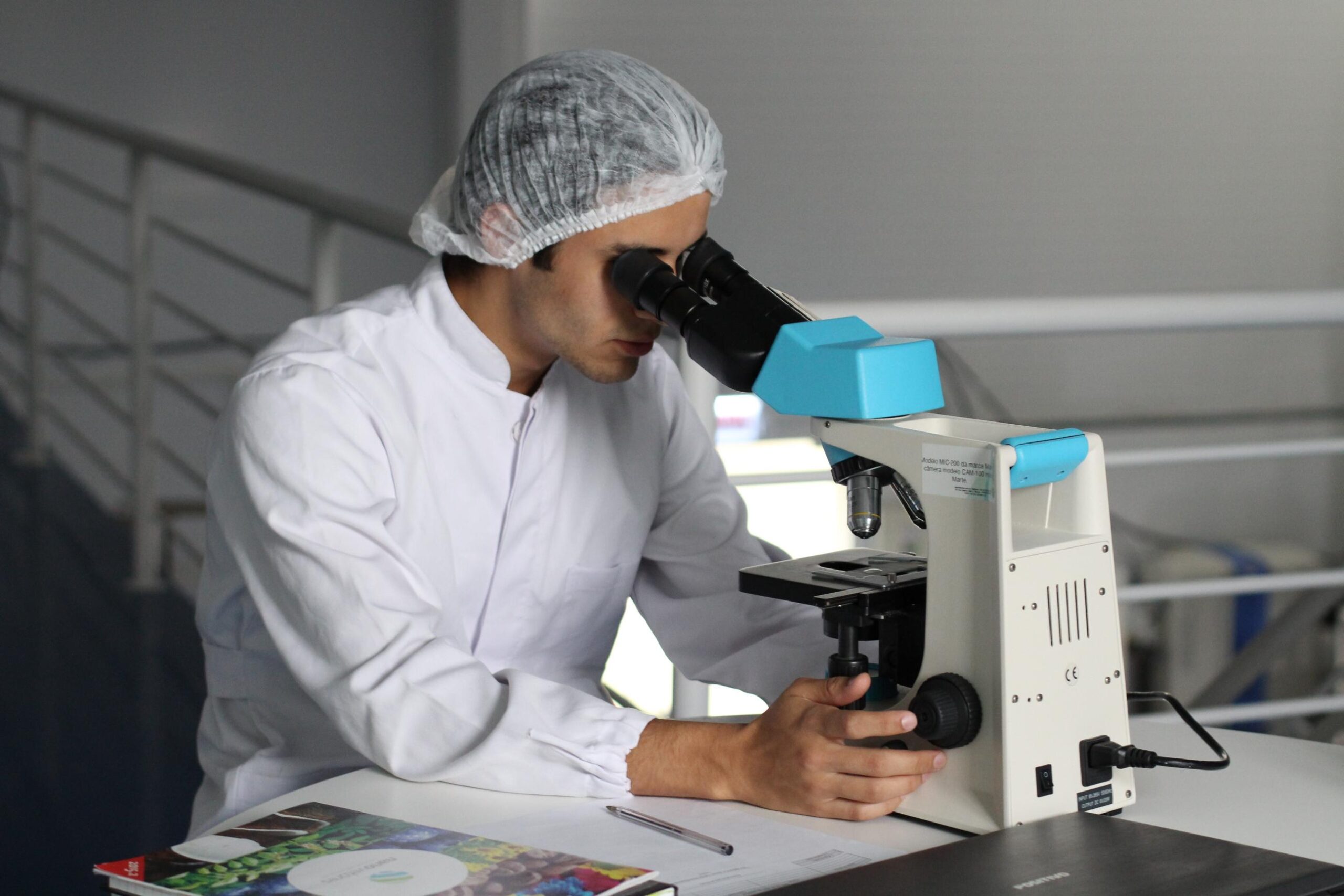1. Early detection of diseases: AI and machine learning algorithms have been used to identify patterns and predict the risk of various diseases such as cancer, Alzheimer’s, diabetes, and heart diseases, allowing for early detection and intervention.
2. Medical imaging analysis: AI models have been developed to analyze medical images such as X-rays, CT scans, and MRIs, assisting in the detection of abnormalities and providing more accurate diagnoses.
3. Drug discovery and development: AI algorithms have been applied in the identification of potential drug candidates and the optimization of drug development processes, accelerating the discovery of new treatments for various diseases.
4. Personalized medicine: AI and machine learning techniques have enabled the development of personalized treatment plans by analyzing patient data, including genetic information, medical histories, and treatment responses.
5. Virtual health assistants: Virtual health assistants powered by AI have been utilized to provide personalized healthcare advice, monitor symptoms, and offer support, thereby improving patient engagement and access to healthcare services.
6. Predictive analytics: AI-based predictive modeling has been used to anticipate patient outcomes, readmissions, and complications, facilitating proactive intervention and resource allocation for healthcare providers.
7. Precision surgery: AI has been employed to enhance surgical procedures by offering real-time guidance, assisting in complex surgeries, and reducing risks associated with errors.
8. Electronic health record analysis: Machine learning algorithms have been utilized to analyze electronic health records, identifying patterns and correlations that can aid in disease diagnosis, treatment planning, and population health management.
9. Medical research optimization: AI has been utilized to analyze vast amounts of medical literature and research data, helping researchers identify trends, discover new connections, and optimize clinical trial designs.
10. Remote patient monitoring: AI-powered devices and wearables have enabled remote patient monitoring, allowing for continuous tracking of vital signs, medication adherence, and other health-related data, leading to better management of chronic conditions and early detection of health emergencies.
It is important to note that the field of AI and machine learning in medicine is still advancing rapidly, and there are many more discoveries and applications emerging regularly.




